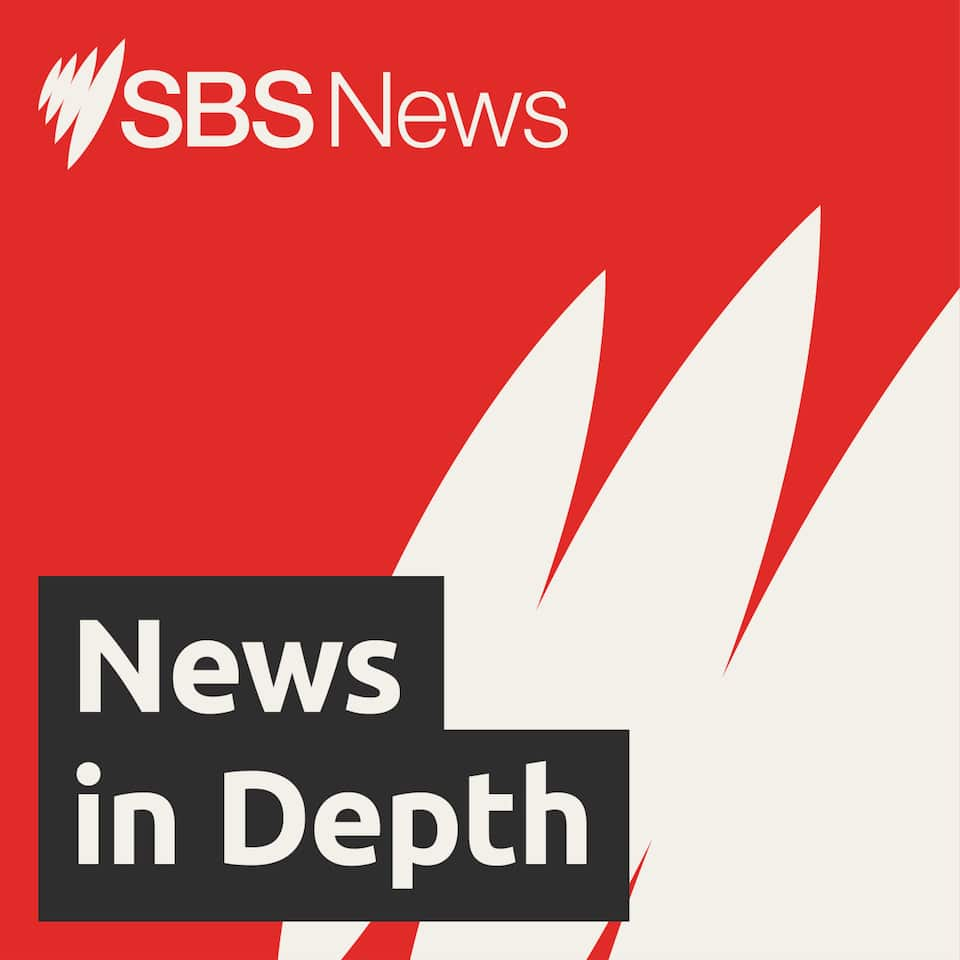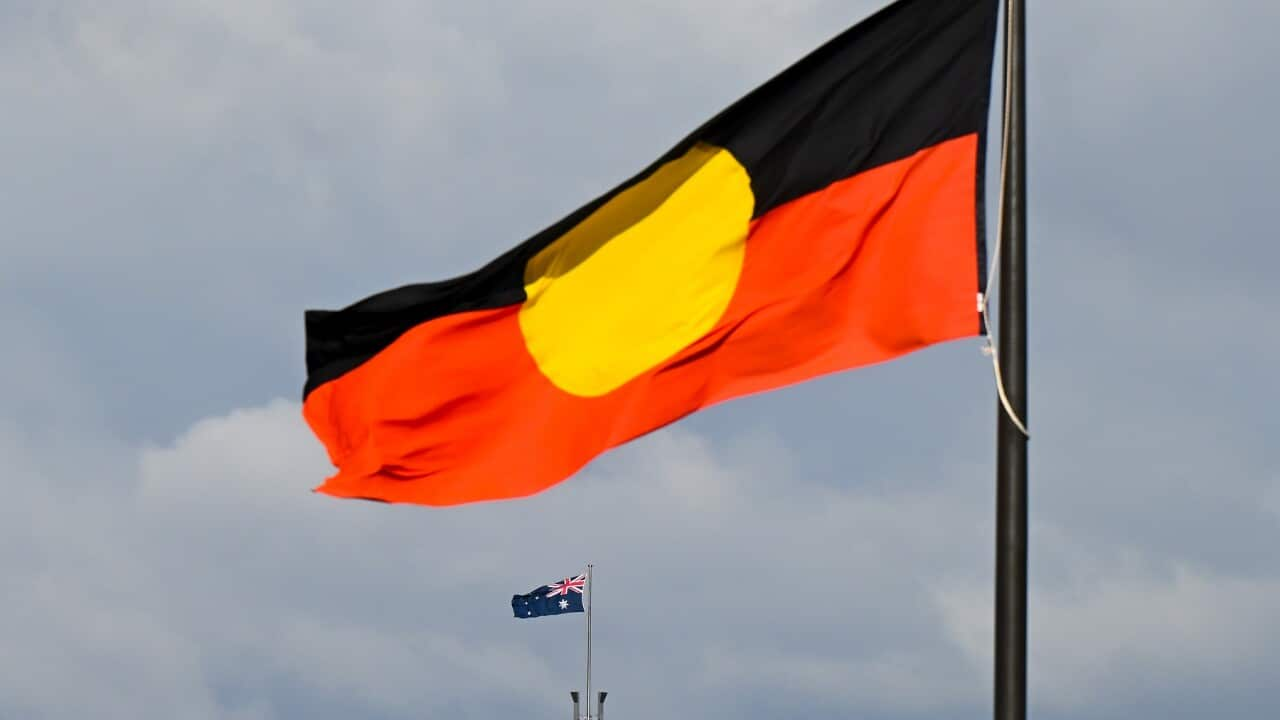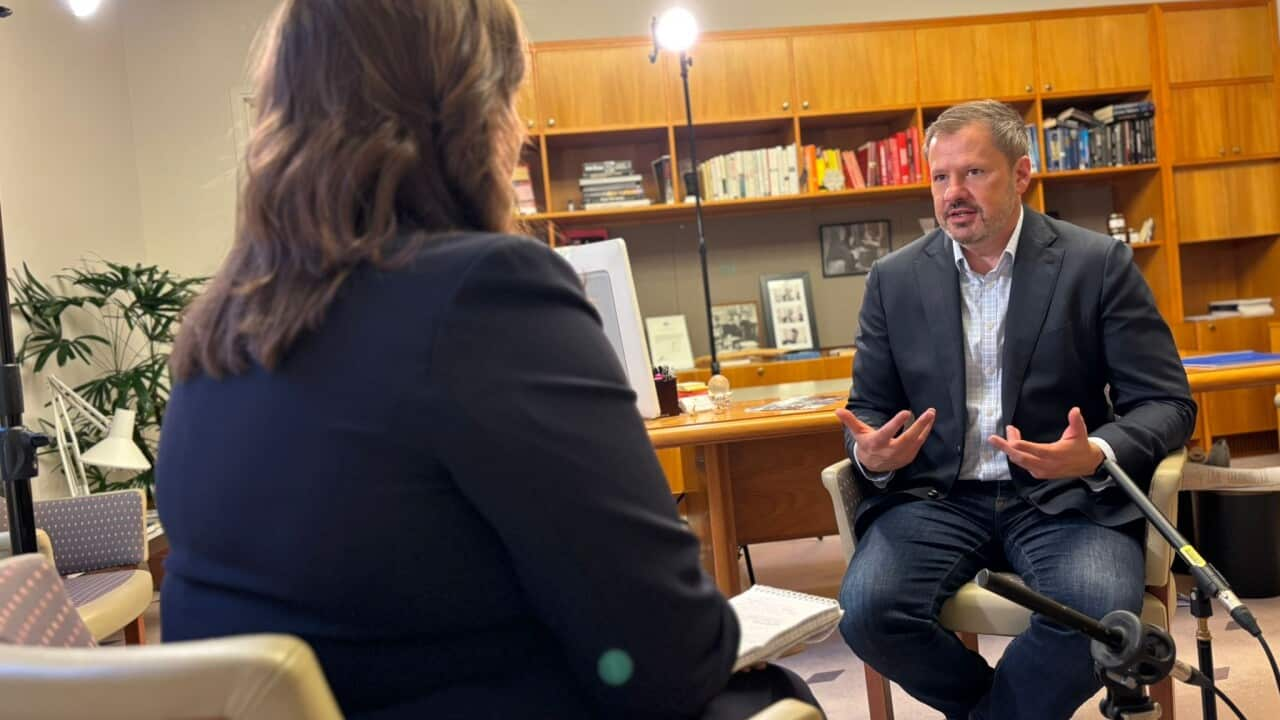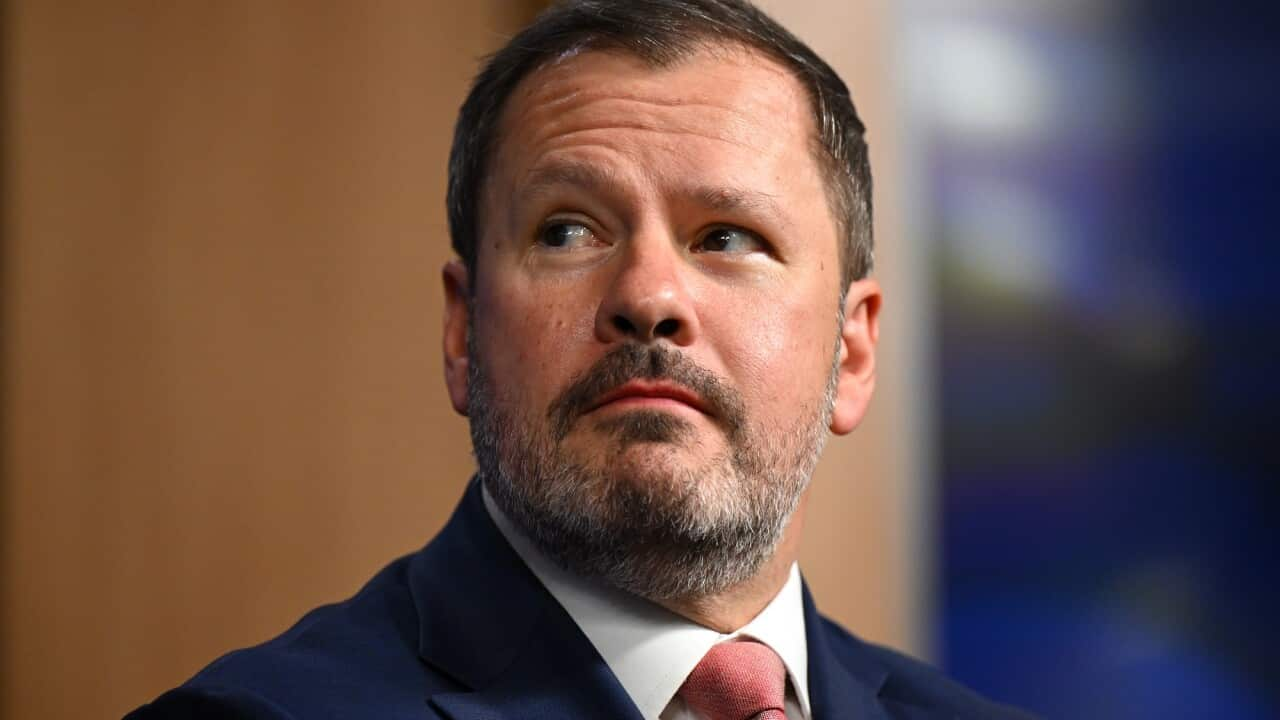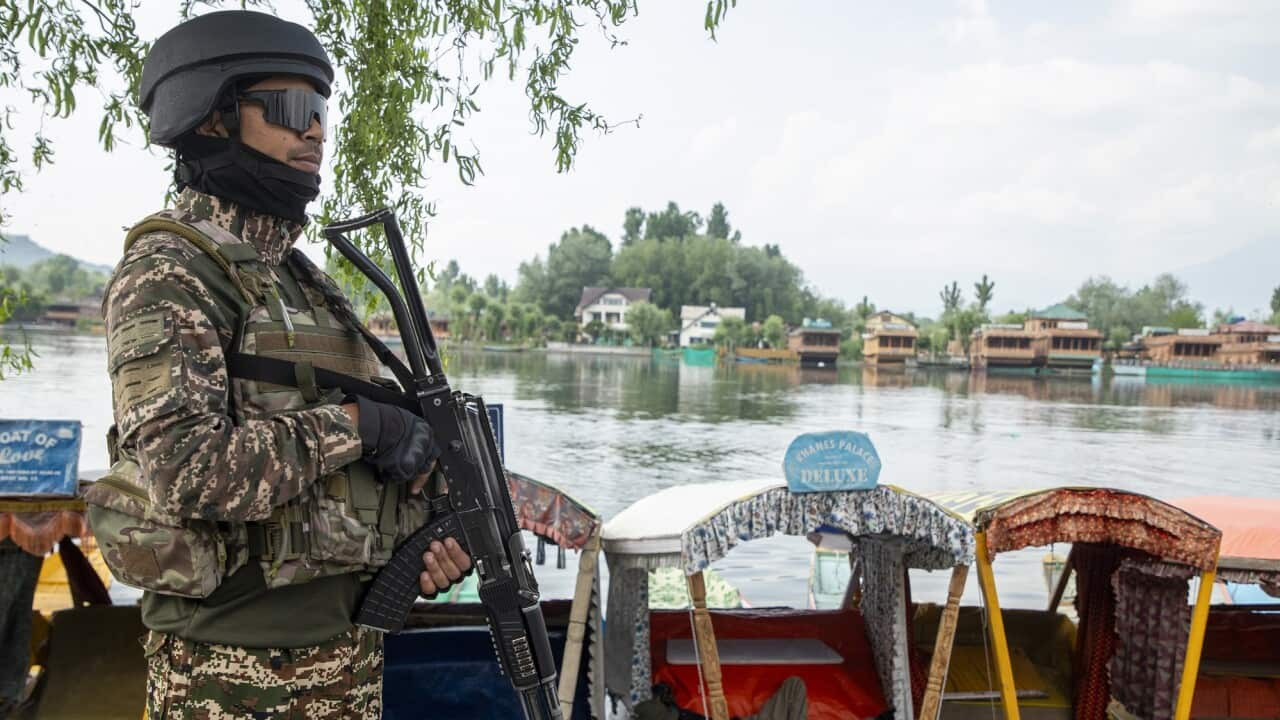You can find comprehensive information about the referendum visiting the SBS Voice Referendum portal at
TRANSCRIPT:
Prime Minister Anthony Albanese is set to announce the much-anticipated date for the Indigenous Voice referendum in Adelaide today.
The announcement comes amid renewed calls for support from the Yes campaign and continued opposition from the Coalition.
South Australia and Tasmania are seen as swing states critical for the Yes campaign to achieve a four-state majority in the referendum, with Western Australia and Queensland widely tipped to vote No.
Previous polls had put the No vote ahead in SA, which is considered a crucial swing state, but a new survey of 605 people indicates 43 per cent of South Australians now back an Indigenous Voice to parliament while 39 per cent are opposed.
Mr Albanese has offered an explanation of how the advisory body would function.
"There shall be a body called the Voice. The second is what will it do? It may give advice on matters affecting Aboriginal and Torres Strait Islander people. The third bit, again really important but really simple. The Parliament shall determine the laws with the functions composition and procedures of the Voice."
The Yes campaign is comprised of a wide range of community leaders, including Baptist Minister Tim Costello.
The former president of the Baptist Union of Australia has written an open letter to religious leaders in Australia, urging congregations to discuss issues surrounding the Voice and consider a 'yes from the heart'.
"Well I've been speaking in Churches in Adelaide and in Perth, both doing sermons and then having meetings about the Voice. And I found this almost fear from clergy and from Christians to discuss it. They were saying 'Oh it's divisive, oh it's political'. This is about the good of the nation, stop being afraid to discuss it, saying it's political and divisive."
Mr Costello was inspired by Martin Luther King's famous 'Letter from Birmingham Jail', where he addressed white Church leaders and clergy ahead of his historic 'I Have a Dream' speech, calling for racial equality in America.
He says he witnesses a similar reluctance from Church leaders in Australia around advocating for an Indigenous Voice to Parliament.
"He actually says exactly that: why are you clergy who are against segregation criticising me and saying 'be patient' and 'don't push' and 'it's divisive' and 'it's political'. And he says this as a brother in Christ, a fellow minister, when is it a good time to actually step up against inequality? So that's why I quote that letter, that caution was what Martin Luther King had run into with the clergy also."
Former prime minister John Howard has spoken out against the Indigenous Voice to Parliament, telling Sky News an Indigenous advisory body would have what he calls a coercive effect over the government of the day, despite the government's assurances to the contrary.
"The truth is that any pronouncement of this body will have a coercive effect on the government of the day. And if its body proposes something that the government doesn't like, every man and his dog who uses Australian-ism, will be yelling at the government to do what they're told. Because this, after all, is the body which represents Indigenous people. And you've gone through all this trouble to insert it in the Constitution, and now you're going to ignore their advice. How can you possibly do that?"
Mr Costello is critical of such opposition, saying he hoped for a bipartisan approach.
However, there are Indigenous Australians who are also opposed to the voice for varying reasons.
Opposition Minister for Indigenous Australians Jacinta Nampijinpa Price criticises the voice for adding another layer of bureaucracy in Canberra, while Independent Senator Lidia Thorpe believes the enshrined Voice would establish a "powerless advisory body".
Mr Costello says he's aware of flaws in the voice but insists it's the best way forward for Indigenous recognition.
"I believe that no one can say the Voice is, if it's successful, is going to empower and address all of the Indigenous closing the gap issues. I can't say that with 100 per cent certainty, but I can say Indigenous people believe it will really help. That's why the Uluru Statement was made. And I can say with 100 per cent certainty that what we are doing now with closing the gap isn't working."
Other Indigenous Australian leaders are advocating for the Voice, including former Liberal Indigenous Affairs Minister Ken Wyatt.
Mr Wyatt called upon leaders of his former party to stand up in support of the Voice.
"I would love a lot of my ex-colleagues to be brave, and just say I think it's time that we listen to Aboriginal people in a real and constructive way, and we engage them as equal partners. As we do with every industry that comes to our parliamentary offices."
Mr Costello reminds Church leaders of their role.
"I think the Church has often failed to understand its fundamental story: neither slave nor free, neither Jew nor Gentile, neither male nor female. In other words, there's equality. And it was really, in its beginning the first internationalist organisation, not recognising ethnic superiority, certainly treating slaves as equal to their masters. So the Church has always negotiated inequality and conflict. I think we've just lost the art."
